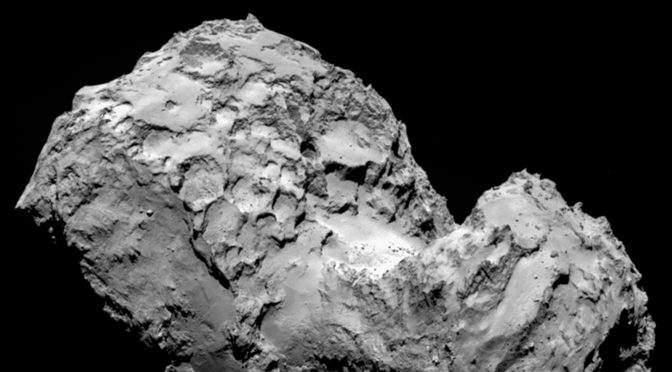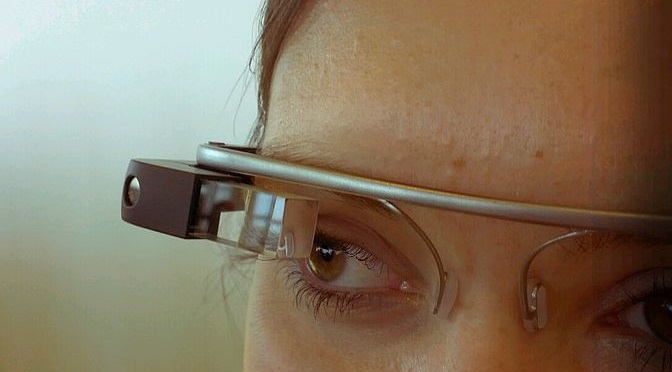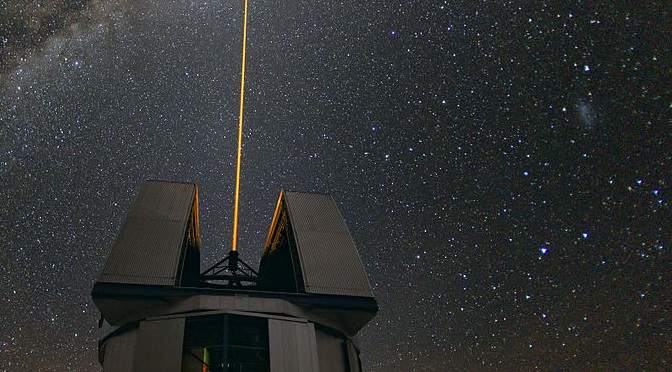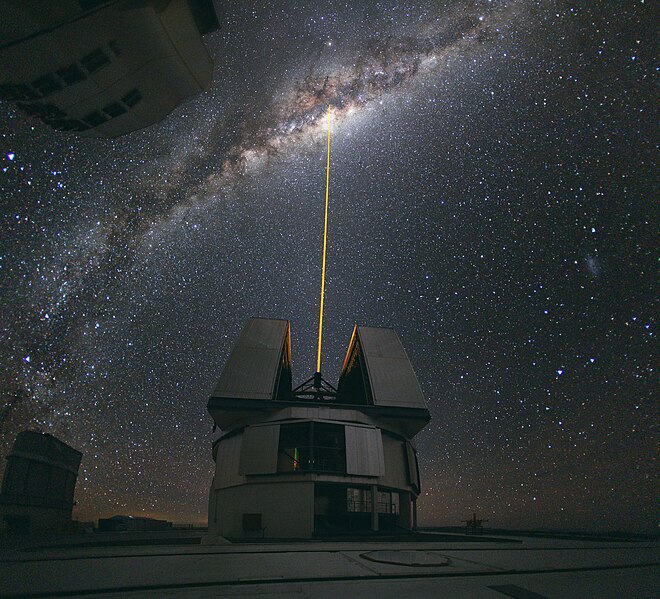
For a spacecraft to overtake a comet, let alone touch down and ride it sunward, requires trick-shot billiards on an astronomical scale. But that’s exactly what the ESA/NASA International Rosetta Mission to comet 67P/Churyumov-Gerasimenko is doing. Launched a decade ago aboard an Ariane 5 rocket, its loop-the-loop, gravity-slingshotting journey has juiced its speed enough to overtake the comet, which can reach speeds of up to 83,885 mph (135,000 kph), and set it up to land in November 2014. Which raises the question…






